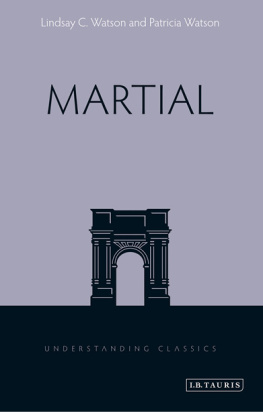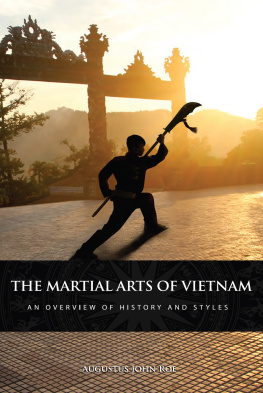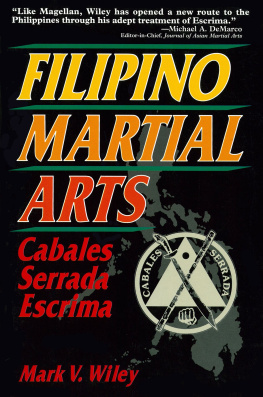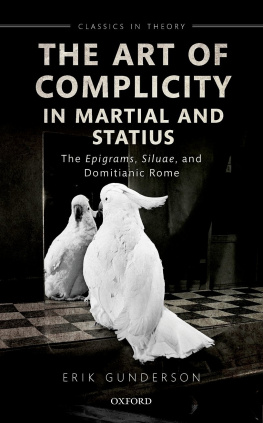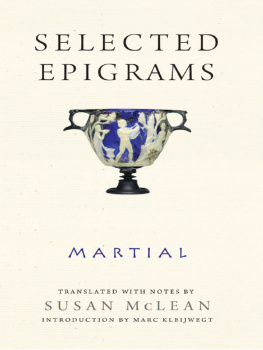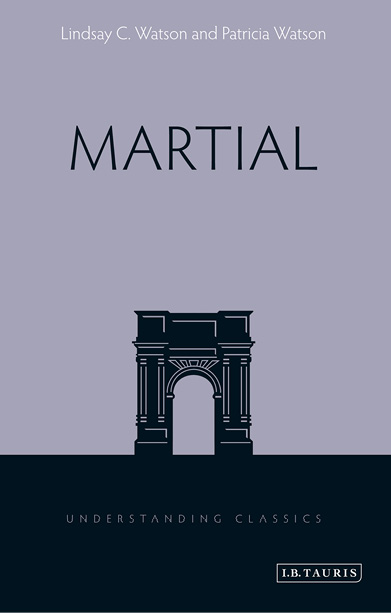
Marcus Valerius Martialis, or Martial (born between 38 and 41 CE , died probably in 104 CE ) is celebrated for his droll, frequently salacious portrayal of Roman high and low society during the first-century rule of the emperors Domitian, Nerva and Trajan. Considered the inventor of the modern epigram, Martial was a native of Hispania, who came to Rome in the hope of securing both patronage and advancement. From the bathhouses, taverns and gymnasia to the sculleries and slave markets of the capital, Martial in his famous Epigrams sheds merciless light on the hypocrisies and sexual mores of rich and poor alike. Lindsay C. and Patricia Watson provide an attractive overview for students of classics and ancient history, as well as comparative literature of the chief themes of his sardonic writings. They show that Martial is of continuing and special interest because of his rediscovery in the Renaissance, when writers viewed him as an incisive commentator on failings similar to those of their own day. The later reception of Martial, by Juvenal and others, forms a major part of this informative survey.

LINDSAY C. WATSON is Associate Professor of Classics and Ancient History (retired) at the University of Sydney, and author of A Commentary on Horaces Epodes and Arae: The Curse Poetry of Antiquity . PATRICIA WATSON is Senior Lecturer in Classics and Ancient History (retired) at the University of Sydney, author of Ancient Stepmothers: Myth, Misogyny and Reality , and editor (with Lindsay C. Watson) of Martial: Select Epigrams and Juvenal: Satire 6 .
Lindsay and Patricia Watson, two of the foremost Martial scholars, provide the perfect introduction to this important poet in their up-to-date and readable survey. While they cover the full range of issues raised by Martials epigrams, particular attention is paid to Martials humour and artistry, illustrated by acute readings of selected (and unexpurgated) epigrams. The trends and controversies of Martials scholarship are judiciously discussed and the Watsons have new things to say even to the specialist.
William Fitzgerald, Professor of Latin Language & Literature, Kings College London, author of Martial: The World of the Epigram
Understanding Classics
Editor : RICHARD STONEMAN (UNIVERSITY OF EXETER)
When the great Roman poets of the Augustan Age Ovid, Virgil and Horace composed their odes, love poetry and lyrical verse, could they have imagined that their works would one day form a cornerstone of Western civilization, or serve as the basis of study for generations of schoolchildren learning Latin? Could Aeschylus or Euripides have envisaged the remarkable popularity of contemporary stagings of their tragedies? The legacy and continuing resonance of Homers Iliad and Odyssey Greek poetical epics written many millennia ago again testify to the capacity of the classics to cross the divide of thousands of years and speak powerfully and relevantly to audiences quite different from those to which they were originally addressed.
Understanding Classics is a specially commissioned series which aims to introduce the outstanding authors and thinkers of antiquity to a wide audience of appreciative modern readers, whether undergraduate students of classics, literature, philosophy and ancient history or generalists interested in the classical world. Each volume written by leading figures internationally will examine the historical significance of the writer or writers in question; their social, political and cultural contexts; their use of language, literature and mythology; extracts from their major works; and their reception in later European literature, art, music and culture. Understanding Classics will build a library of readable, authoritative introductions offering fresh and elegant surveys of the greatest literatures, philosophies and poetries of the ancient world.
Understanding Classics
Aristophanes and Greek Comedy
JEFFREY S. RUSTEN Cornell University
Augustine
DENNIS E. TROUT Tufts University
Cicero
GESINE MANUWALD University College London
Euripides
ISABELLE TORRANCE University of Notre Dame
Eusebius
AARON P. JOHNSON Lee University, Tennessee
Homer
JONATHAN S. BURGESS University of Toronto
Latin Love Poetry
DENISE MCCOSKEY & ZARA TORLONE Miami University, Ohio
Martial
LINDSAY WATSON & PATRICIA WATSON University of Sydney
Ovid
CAROLE E. NEWLANDS University of Wisconsin, Madison
Pindar
RICHARD STONEMAN University of Exeter
Plutarch
MARK BECK University of North Carolina, Chapel Hill
The Poets of Alexandria
SUSAN A. STEPHENS Stanford University
Roman Comedy
DAVID CHRISTENSON University of Arizona
Sappho
PAGE DUBOIS University of California, Berkeley
Seneca
CHRISTOPHER STAR Middlebury College
Sophocles
STEPHEN ESPOSITO Boston University
Tacitus
VICTORIA EMMA PAGN University of Florida
Virgil
ALISON KEITH University of Toronto

Published in 2015 by
I.B.Tauris & Co. Ltd
London New York
www.ibtauris.com
Copyright 2015 Lindsay C. Watson and Patricia Watson
The right of Lindsay C. Watson and Patricia Watson to be identified as the authors of this work has been asserted by the authors in accordance with the Copyright, Designs and Patents Act 1988.
All rights reserved. Except for brief quotations in a review, this book, or any part thereof, may not be reproduced, stored in or introduced into a retrieval system, or transmitted, in any form or by any means, electronic, mechanical, photocopying, recording or otherwise, without the prior written permission of the publisher.
References to websites were correct at the time of writing.
ISBN: 978 1 78076 636 2 (HB)
978 1 78076 637 9 (PB)
eISBN: 978 0 85773 893
ePDF: 978 0 85772 740
A full CIP record for this book is available from the British Library
A full CIP record is available from the Library of Congress
Library of Congress Catalog Card Number: available
Text design, typesetting and eBook versions by Tetragon, London
Preface

THIS SMALL VOLUME is aimed at two constituencies: the undergraduate coming to Martial for the first time, and the general reader with an interest in the epigrammatist and in Latin poetry more broadly. Its brief is above all to convey the enjoyment to be had from reading Martial, to proselytise for a writer who is beyond question the wittiest of the Roman poets. In that sense, Chapters 3 and 4, which analyse by means of selected instances a number of the devices whereby Martial attempts to surprise and amuse his audience, are at the core of the book. At the same time, as we stress, Martial is an important author and his poems far more than a mere repository of wit. His importance resides in two particular characteristics: first, he conveys a wealth of information about Roman social attitudes and practices which does not mean of course that such information is to be read in a straightforwardly literal way and furthermore, he conveys it in a highly amusing and accessible fashion; second, he is the founder of epigram as all subsequent eras have come to conceive of it, that is, a short, witty, pungent poem with a sting or paradox in its tail. These two dimensions of the poet have been addressed respectively in Chapters charts the reception, literary, cultural and scholarly, of the poet over the centuries. The second half of this chapter attempts to orientate readers new to the poet by providing an overview of critical approaches to him over the last 50 years, and by flagging those aspects of his oeuvre which have engaged the attention of specialists during that time. Since a good deal of the most significant scholarship on Martial is written in the major European languages, the contents of some works which seem to us particularly important or innovative have been synthesised for the convenience of readers to whom they might not otherwise be accessible.

